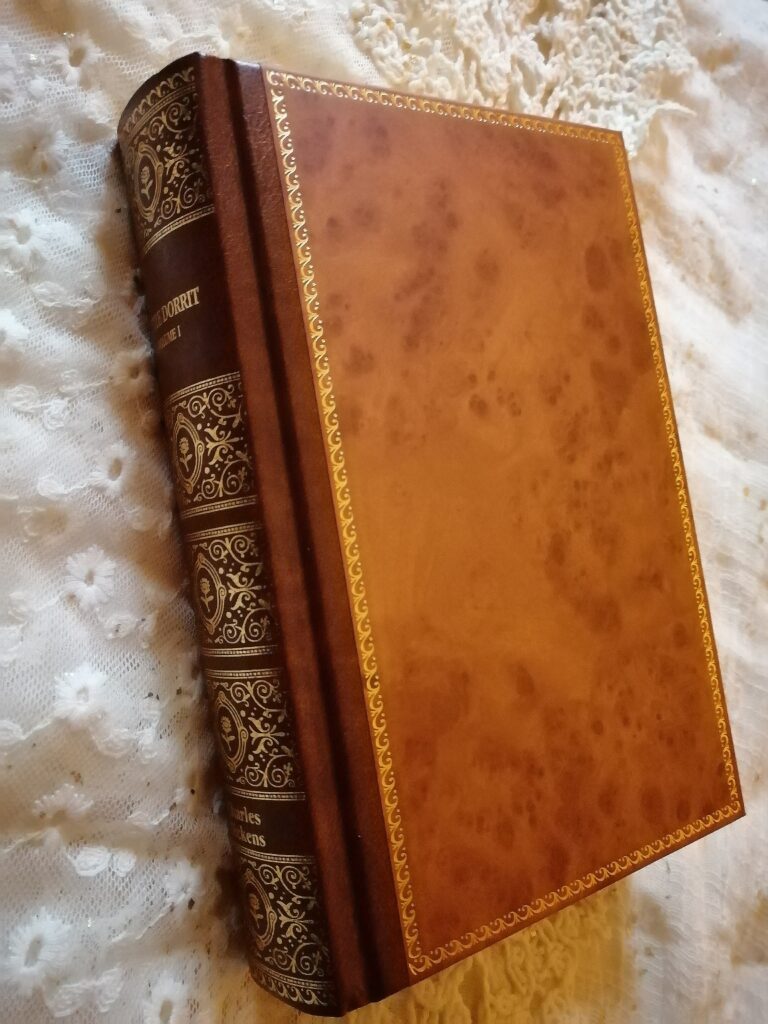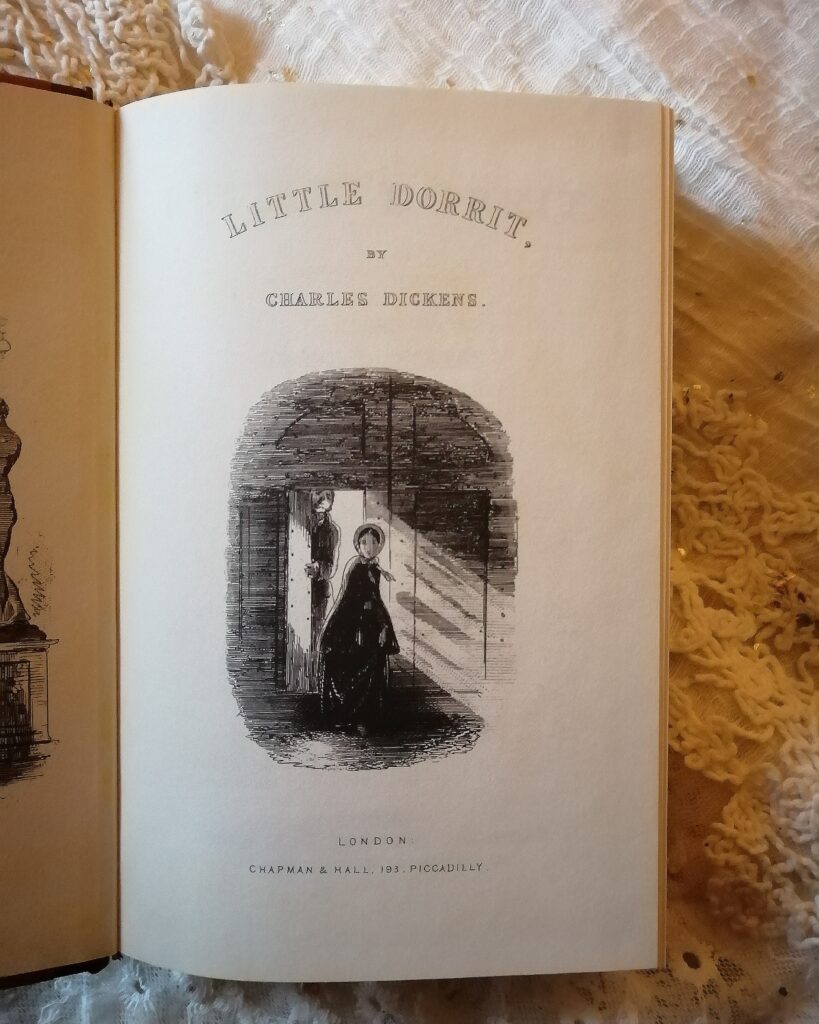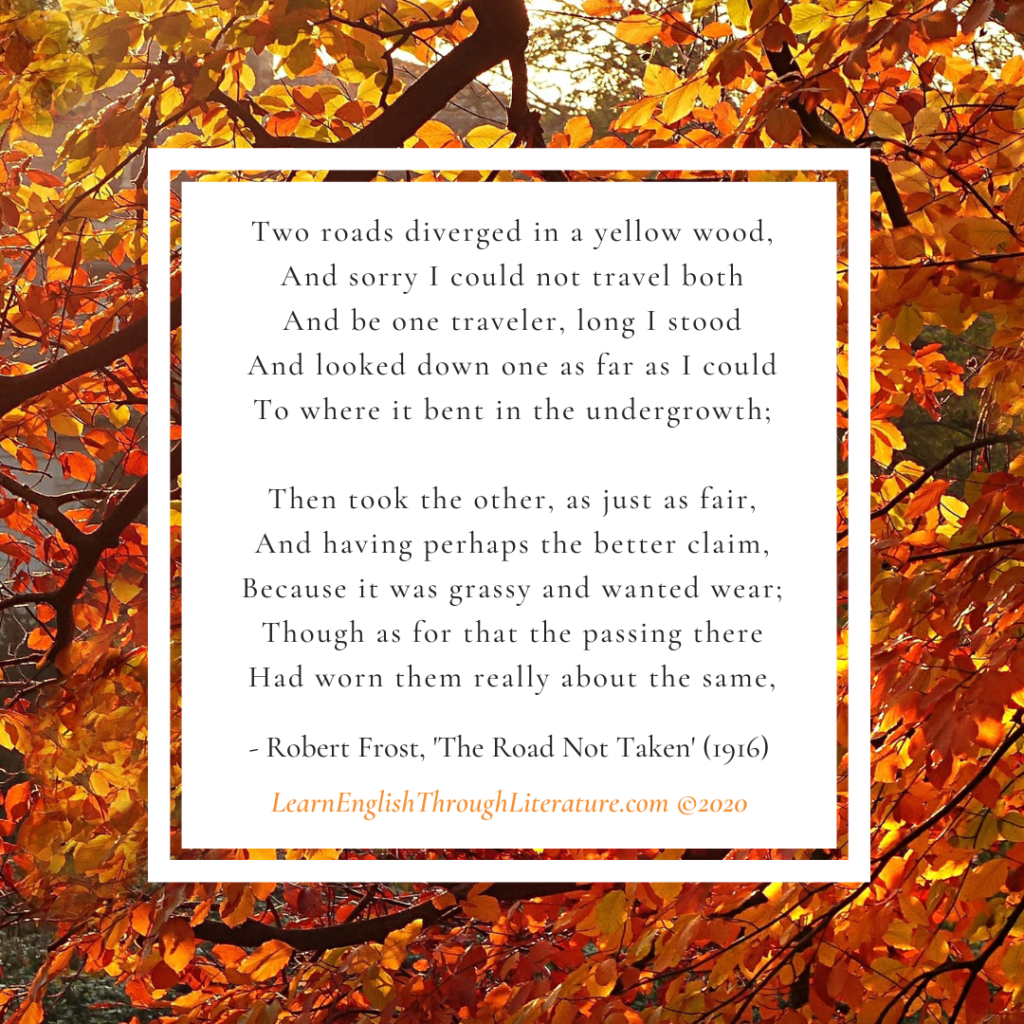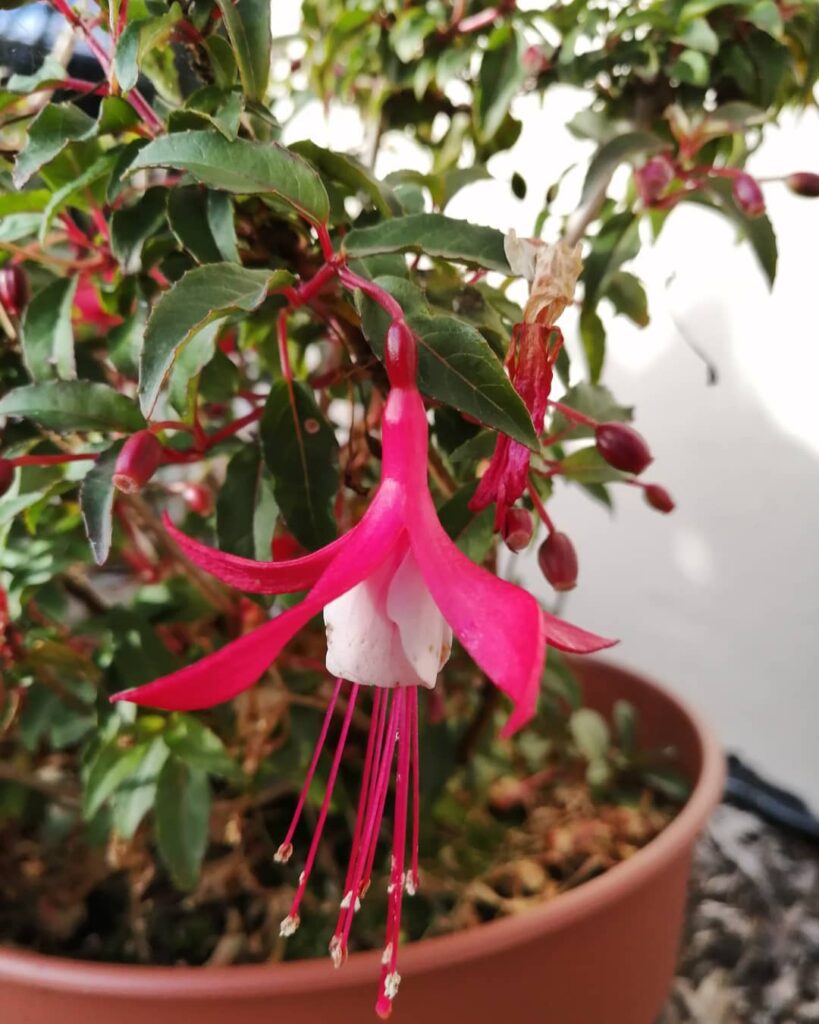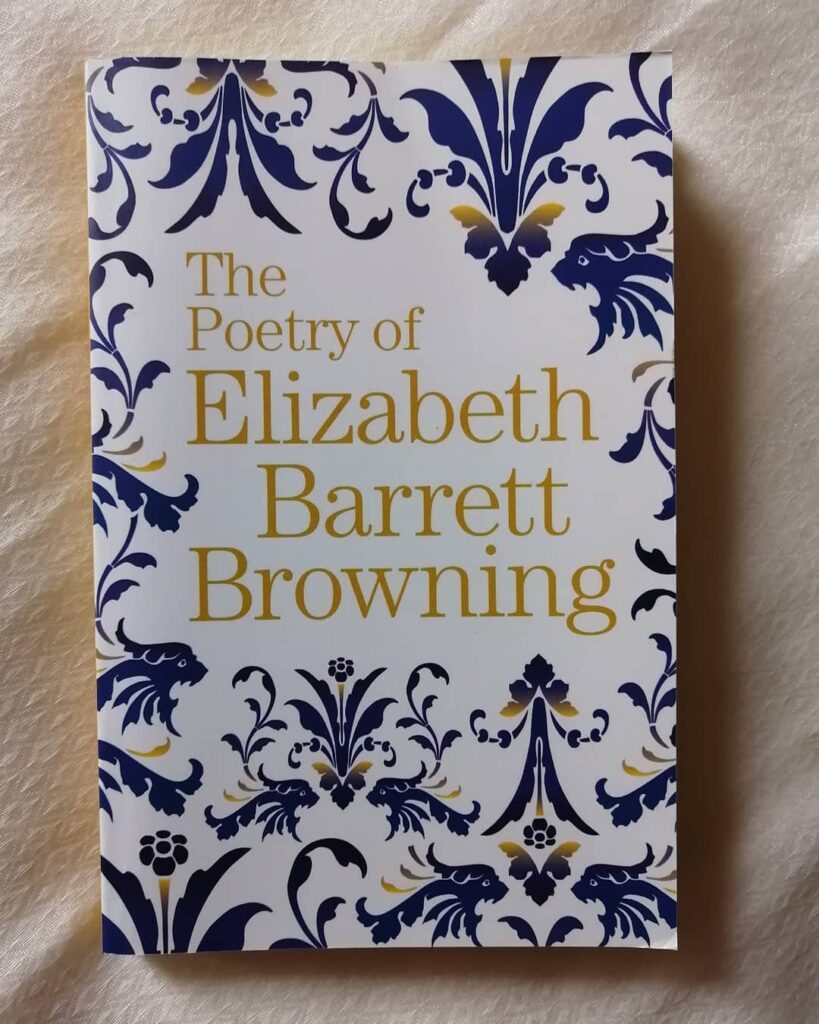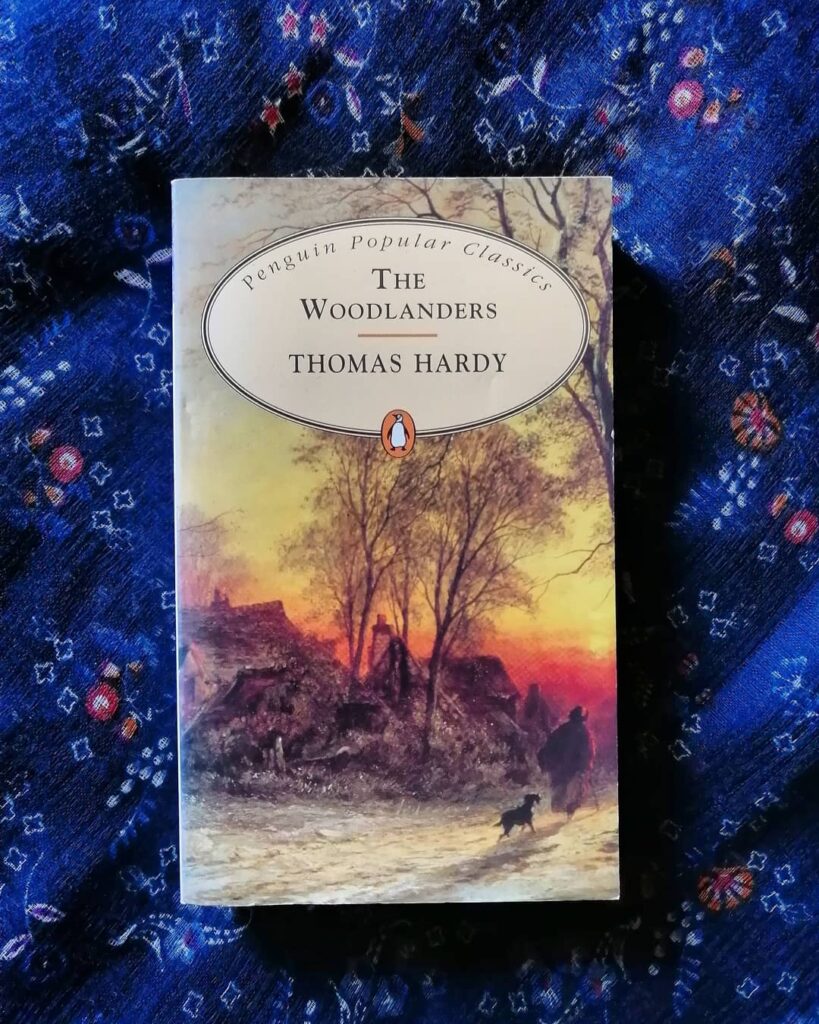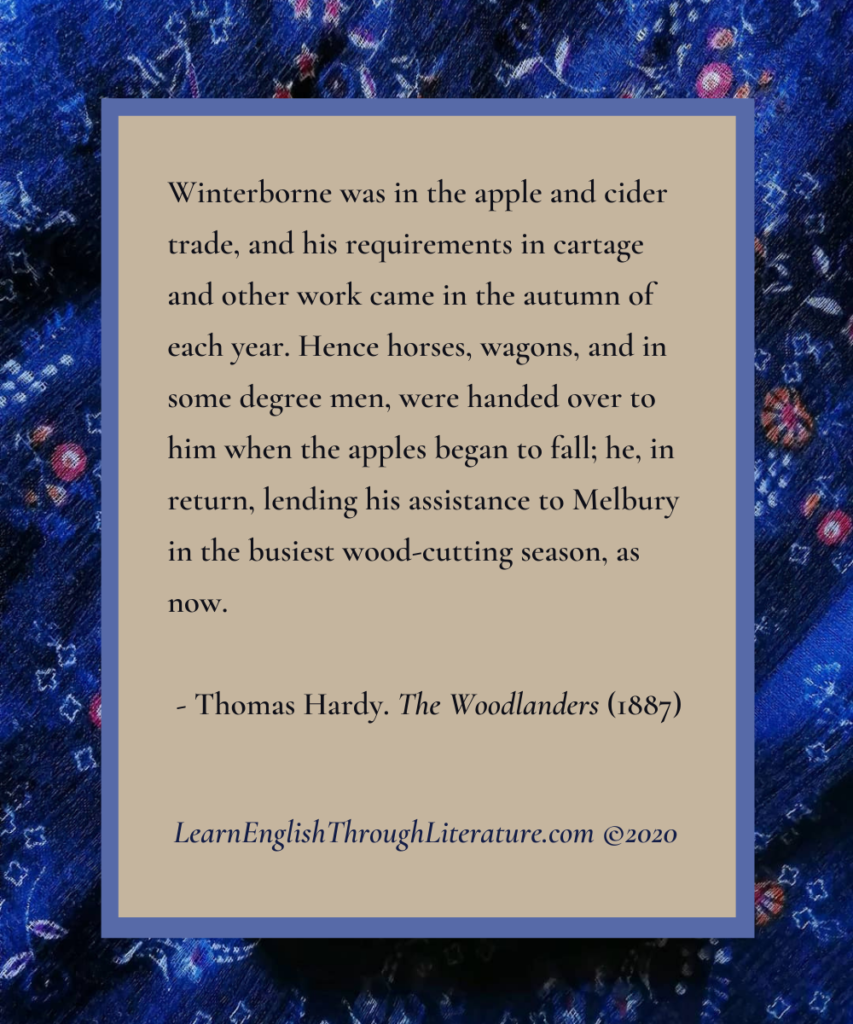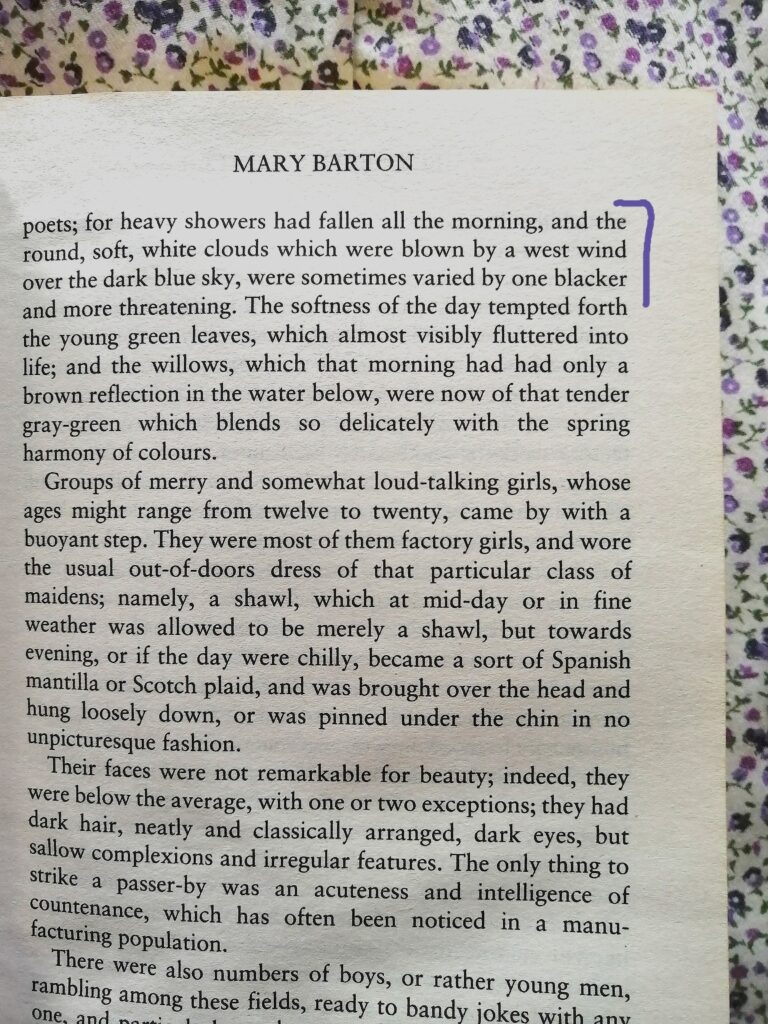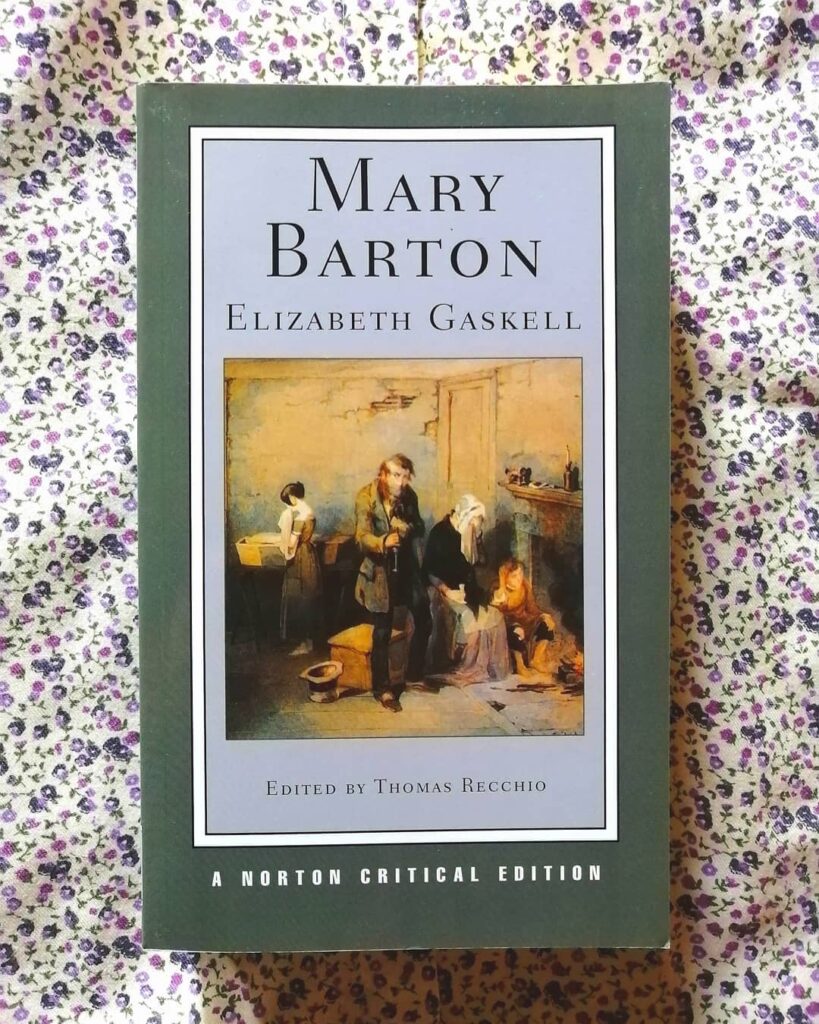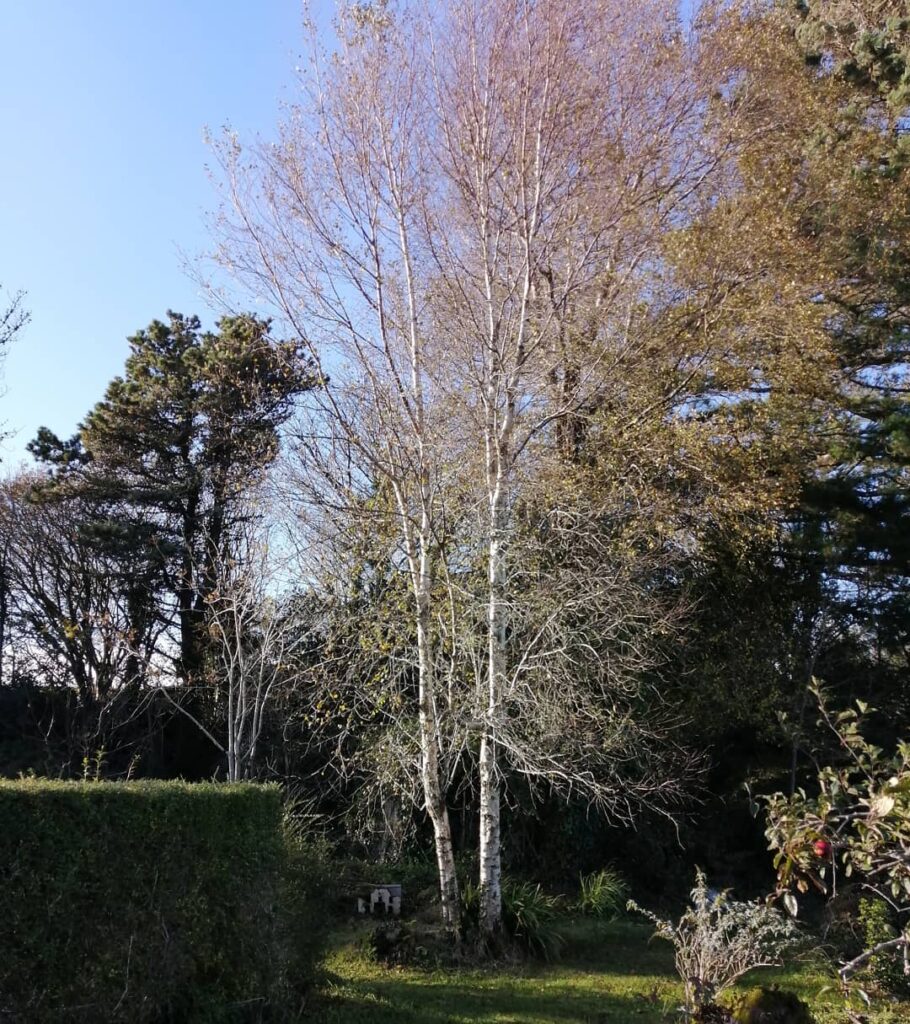Lesson #145: A Lesson In ‘Stitch-By-Stitch’ Perseverance, From Anne Bronte’s ‘Agnes Grey’
There’s a popular idiom in English: ‘A stitch in time saves nine.’ In other words, the best way to tackle a large task is to take small, consistent steps to complete it day by day. 🧵 It so happens that these days I am trying to complete a small cross-stitch design for a friend. It is […]


